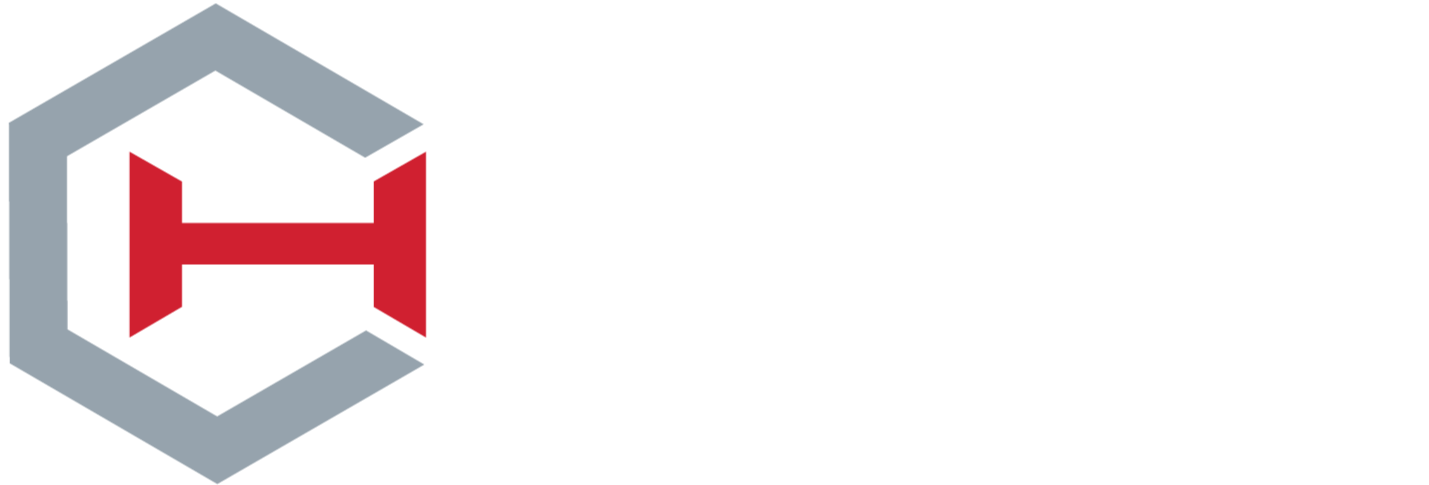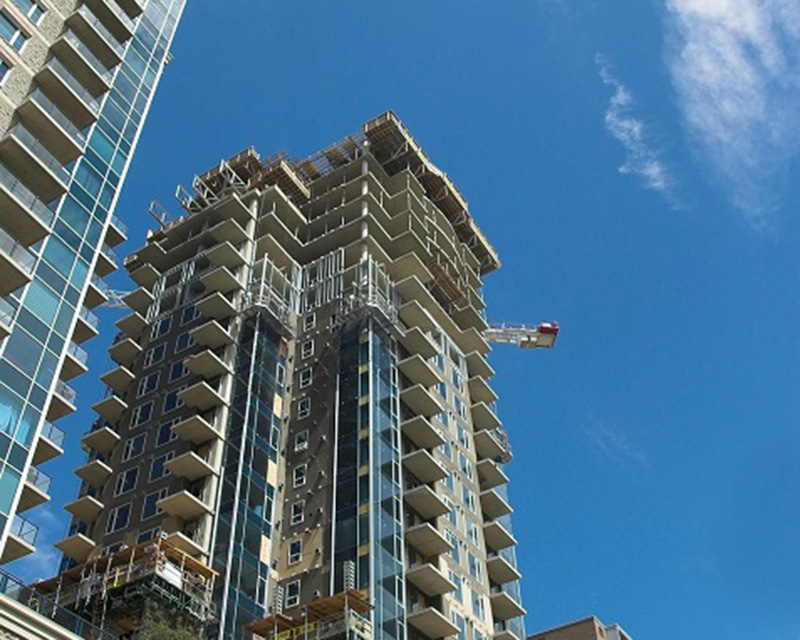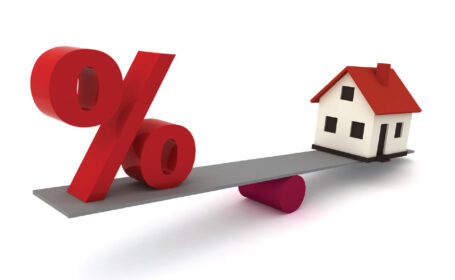Commercial Mortgages: What you need to know!
The majority of lenders will consider 4 units and above a commercial deal and fall into these credit rules and policies. A smaller residential deal therefore would be considered as a 4-plex building or smaller.
I get asked many times if I could do a brief over view of each and the major differences that a person must know in order to make the transition. I would say the major difference is that 80% of the bank’s focus will be on the property itself and the net cash flow it produces. While on the small deals the bank tends to focus 80% of its approval on you yourself and your credit rating along with your income. For some people this is a major bonus as they may have lots of investments around but perhaps not a huge amount of net taxable income. Perhaps the Bigger Deal is for you?
The 80% focus in the apartment buildings would consist of several items. 3 years’ worth of accountant prepared financial statements, A building condition report also known as an inspection report done by an engineering firm usually and an appraisal report. Lastly a current copy of tenants and leases need to be provided along with an environmental assessment of the land and area the building is sitting on. The 20% is really your personal net worth statement with back up verification of all items, along with a copy of a recent credit bureau and verification of some liquid assets. What are those and why do they need to see that you ask? It is really showing the lender you and or your partners have enough assets that you could have access to in case of emergencies etc. I always use the example that your new purchase for whatever reason may require a $40,000.00 new roof shortly. Do you and your partners have some cash set aside for just in case items? (That is really what they are looking for.) Obviously the older the building the more money a lender will want to see set aside.
It is important to know and understand that conventional noninsured mortgage are available for large deals as well a person can get an insured high ratio mortgage for their multifamily building as well.
The CMHC insured mortgages typically have a lower interest rate than the conventional mortgages do. Why is that? Simply put it’s because the government of Canada is guaranteeing the funds on the loan to the money lender. Because the risk is much lower the lender is willing to accept a lower yield and that savings is passed along to the consumer. Ok if the rates are considerably lower than conventional mortgages then why doesn’t everyone get a CMHC commercial mortgage for their building? I am glad you asked… If any of you thought a bank was conservative when they looked at the income and expenses declared by a seller? How do you think the government who are putting tax payer’s money on the line will review those same figures? Much stricter is all I can say to that one. What I am finding in today’s market is that the loan amounts that we are seeing are relatively similar. So the advantage a person would receive is that their monthly mortgage payment would be smaller if they were to take out a CMHC insured commercial mortgage. Now having said that what the additional costs to consider are here? Well you would have an insurance fee added on top of your mortgage balance once the deal closes. 4.5% of the loan amount is the typical insurance fee. There is also an application fee associated with sending a deal over to CMHC also. One school of thought is to save all of those extra fees a person would just consider taking out a regular conventional mortgage with a smaller monthly net cashflow. Others will tell you that over a 5 year term the savings almost cover those additional costs so why not take the lower monthly payments? A person really needs to do the math using both scenarios in order to make the informed decision. Market conditions impact these two calculations as well. Always talk to your favorite Mortgage Broker to find out the best course of action here.
Timing on getting your financing done is a key knowledge point as well. Normally I recommend 60 days to get your financing approved at the bank and another 30 days to have the law office complete your transaction. If you decide to use CMHC to insure your new mortgage you should be looking to add 3 to 4 weeks onto your timelines just because of the extra level of scrutiny that you are adding to the process. Don’t forget that you need the lender to say YES and then you need to have your deal sent off to have CMHC say YES as well. These are market timeliness and some folks may even have a shorter turn around on this process but that would be the exception to the rule in my opinion. Going with less time could put undue stress on your team and that is not good for future business.
The closing cost difference is important for everyone looking to do a multifamily (4+ unit) deal. Typically for a regular home purchase you may look at paying a few thousand dollars and maybe some land transfer taxes if applicable. So costs on a smaller deal could run $2,000 up to $5,000 or more depending on the price of that new home. Well when it comes to the larger commercial deals a person can expect to be paying anywhere from $25,000.00 to $30,000.00. This amount includes 2 sets of lawyer fees (yes you must pay for the lender’s lawyer and for your own.), the appraisal report, the building condition report, the phase I environmental report, lenders fees and broker fees. If a person wants to buy a $2million dollar building these don’t seem that unreasonable. There is also some big money to be made on the larger commercial deals so don’t let the larger deals scare you away. Due diligence and Lender negotiations are still the key. I would pay tens of thousands of dollars any day as long as there were hundreds of thousands to be earned over the coming years.
Lastly I will touch on a few other very important details you will definitely want to bring to your next commercial purchase. First of all it is almost expected to ask the seller of the building to do a vendor financing of some sort. Don’t hold back asking for this if you want it. I would suggest that most lenders would like to see at least 10 to 15% of your own money into any particular deal. Loan amounts will typically come in around the 75% of the lending value. With CMHC an 85% loan can be done but most likely on a lower lending value due to their increased scrutiny I mentioned. Thus the loan amounts these days are coming in very close to each other. Interest rates typically will be 1% to 1.5% higher for a conventional mortgage over the CMHC insured mortgage. I suggest a person always run a prospective new deal by their lender or broker who should quote current market conditions and give a fairly close estimate of interest rate and loan amount they would be facing. This information will definitely help when it comes to negotiating the final contract. As always let me know if you have any specific questions that may apply to your situation? I am always glad to help out.
Dan Heon
Dan Heon & The Canadian Mortgage Team is here to help you get started on your
financial freedom. Contact us today!







